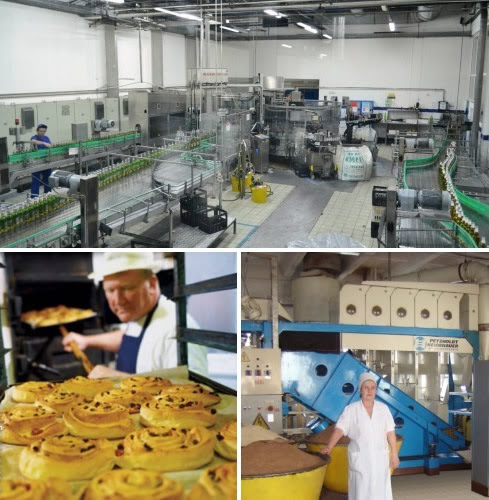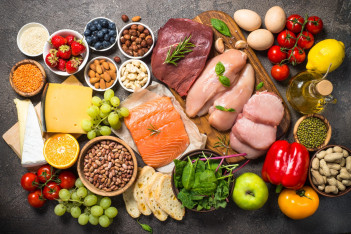I am Mariya Borevich, your personal lawyer. My primary goal is to help clients find optimal solutions to current legal issues, ensuring reliable protection of their interests. I specialize in family, civil, and military law, which allows me to effectively handle a variety of situations and cases. In family law, I provide support in resolving issues related to divorce, property division, establishing and challenging parental rights, alimony, and child custody. I understand that these matters are often emotionally complex, so I always strive to find the most delicate and fair solutions for all parties involved. In civil law, I assist in settling disputes related to contracts, property rights, compensation for damages, inheritance, and other issues concerning the protection of personal and property interests. Special attention is given to military law — supporting servicemen, protecting their rights and interests related to military service, social guarantees, and legal disputes. This area requires deep knowledge and understanding of the specifics of military service and the legislation regulating it.
A food manufacturing business encompasses the manufacture of products for consumption, such as food and beverages. This can include a variety of activities such as bread and confectionery production, meat and fish processing industry, beverage production, vegetable and fruit canning, dairy products, and much more.
This type of business requires an appropriate infrastructure, which includes production premises, equipment, raw materials, packaging, logistics, as well as compliance with all necessary quality and safety standards.
The food production business can be a promising line of activity, as the demand for such products is constantly growing. However, this sector is also subject to strict regulations regarding food safety, sanitation, labeling and more.
It is important to have a professional approach to the management of a food production business, which includes quality production, compliance with all regulations, as well as careful planning and marketing.
The food production business requires compliance with various rules and regulations regarding the quality and safety of food products. The following list may be required to obtain the necessary permits:
Sanitary and epidemiological conclusions and permits: To confirm that production meets sanitary standards.
Food Production License: Depending on the country, different types of licenses may be required to produce specific types of food.
Product quality and safety certificates: For example, ISO, HACCP, GMP, etc. certificates.
Permissive documentation for construction and premises: If production requires the construction of new or modernization of existing premises.
Permission to use equipment: If the production includes the use of specialized equipment.
Licenses for advertising and marketing: If advertising of food products is planned.
Export/import permits: If production involves the export or import of goods.
Permits for the sale of products: For example, licenses for the sale of alcoholic beverages, meat products, etc.
Environmental permits: Especially important for the production of products that may affect the environment.
This list can be somewhat variable depending on the specific type of products and the legislation of the country in which you are going to start a business. It is important to consult with local legal experts to obtain a complete list of required permits for your particular case.
Legal support for food production business is extremely important as the sector is subject to strict regulations. Here are some key aspects that can include legal support for such a business:
1. Obtaining all necessary licenses and registering your food business with the relevant government authorities.
2. Ensuring that your products meet all quality and safety standards, including ingredient, labelling, packaging and storage requirements.
3.Verification of land rights for your production and obtaining all necessary permits from local authorities.
4. Drawing up contracts with suppliers, distributors and other partners, as well as concluding agreements with employees.
5. Advice on tax optimization and financial management of your enterprise.
6. Guarantee that your products comply with the legislation on consumer rights and protection of their interests.
7. Protect intellectual property such as trademarks, patents and copyrights of your recipes and brands.
These are just some of the aspects that can be important for the legal support of your food production business. Thanks to professional legal support, you will be able to avoid problems and develop your business as confidently as possible.





























